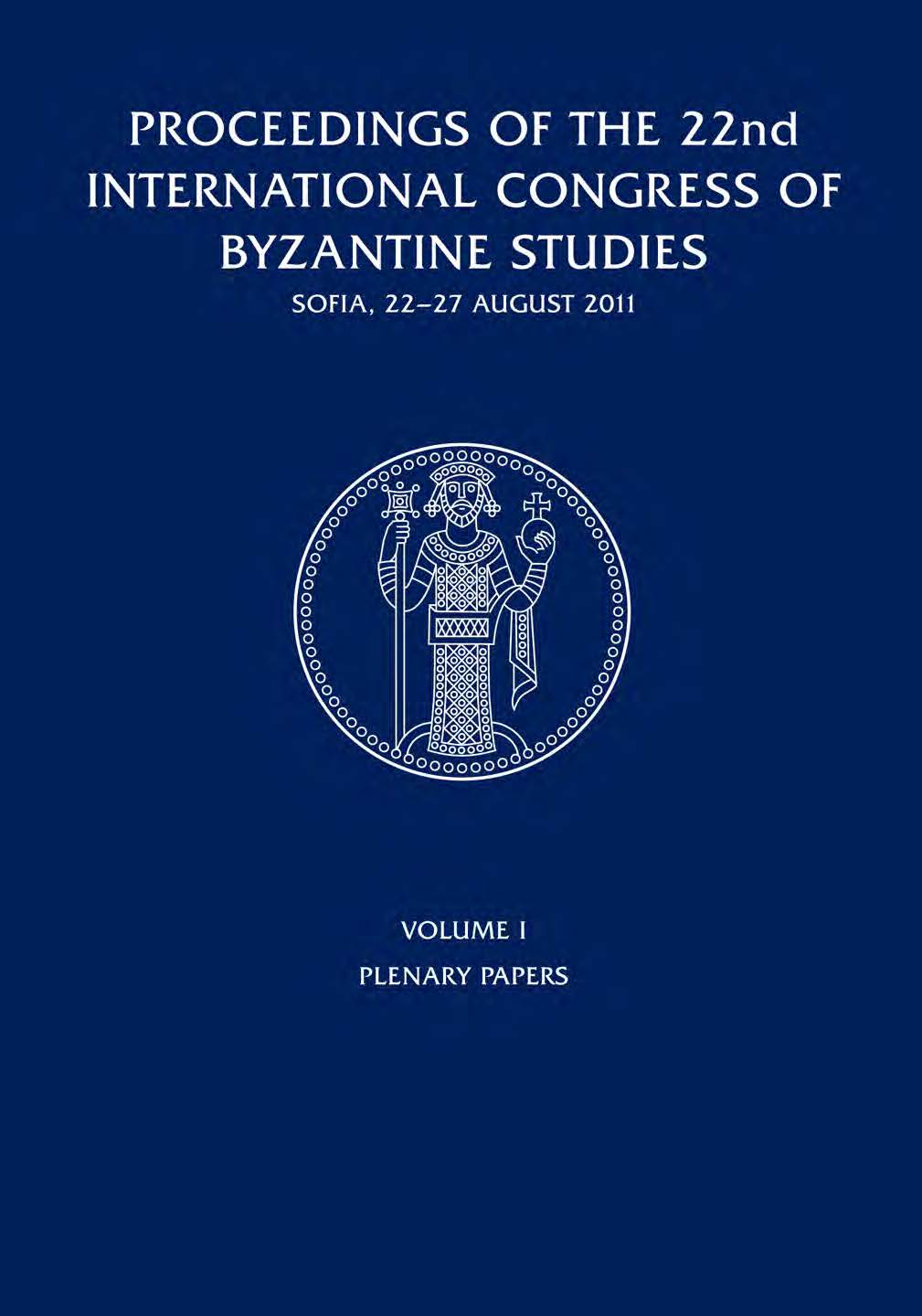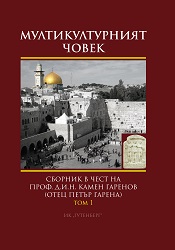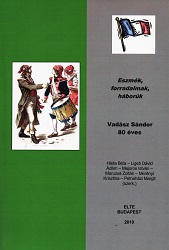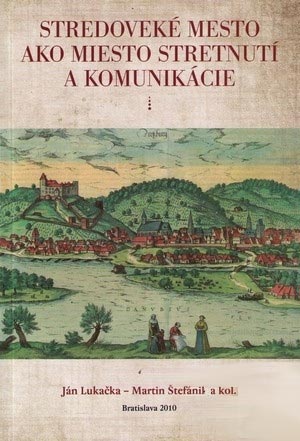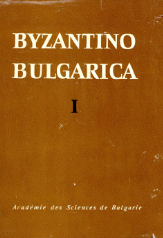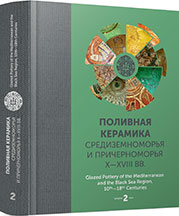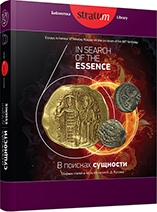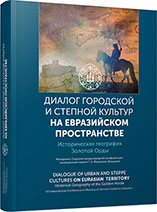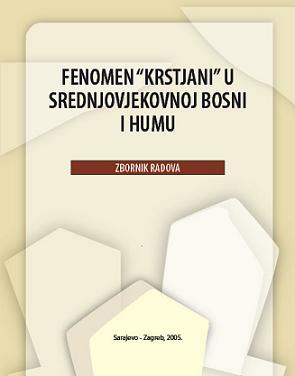
Bosansko-humski kršćani u križištu papinske i ugarske politike prema Bosni i Humu
In a letter from Vukan, the ruler of Duklja, we discover that king Emerik was angry at Bosnian ban Kulin and compelled him to send the heretic delegates to Pope Innocent III in order for him to test their faith. Emerik acted out of political self-interest, and the Pope was convinced that it was for the good of religion, so, in his letter from 1200 (October 11.), Innocent III expressed great faith in the Hungarian king to banish many alleged Patarenes from Bosnia that were previously banished from Split and Trogir by bishop Bernard. The next letter from Pope Innocent from 1202 (November 21.) indicates that Emerik did nothing but made Kulin banish the alleged heretics from his country. The Popes aimed at eradicating the infamous heresy from Bosnia, and later Hum, and Hungarian rulers and bishops had political ambitions with the latter offering their full support to the former. Before and at that time, in their copious reports to Rome, the bishops persistently fabricated cases of heretic outbreaks in Bosnia and blamed the ban and bishop of Bosnia. They claimed that Ban Ninoslav also subscribed to the heresy, thus his land and properties were placed under control of the archbishop of Kalocsa. King Bela IV, the archbishop of Kalocsa and the newly appointed Bosnian bishop Ponsa, a Hungarian man, did not only remove the Glagolitic bishops from their positions in Bosnia but they also took the Bosnian bishopric out of the jurisdiction of the archbishopric of Dubrovnik and placed it under the command of the archbishopric of Kalocsa. After some hesitation, Pope Innocent IV ordered the subjugation of Bosnian bishopric to the archbishopric of Kalocsa on August 26, 1247.
More...
